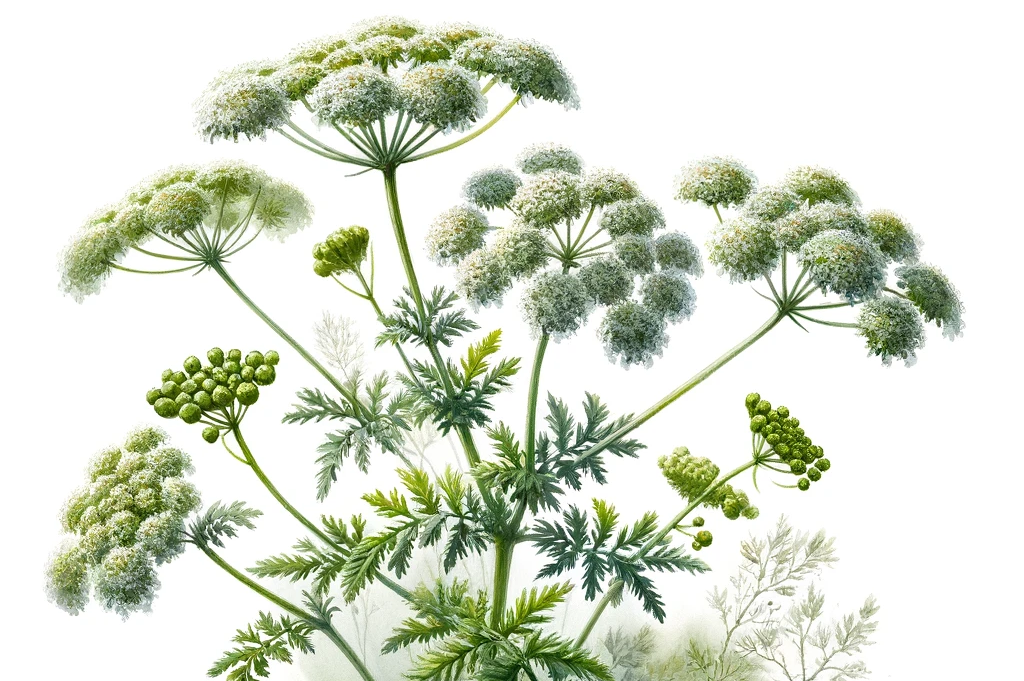Goldenrod

Benefits of goldenrod for dogs
Goldenrod has a diuretic and anti-inflammatory effect. This means that it promotes the elimination of fluid and toxins via the kidneys and at the same time relieves inflammation in the urinary tract and kidneys. This can be helpful for dogs with bladder infections, kidney stones or other urinary tract problems. Goldenrod can also promote blood circulation and accelerate wound healing.
Goldenrod can be administered as a tea, tincture or powder. The dosage depends on the size and weight of the dog, but in general, the smaller the dog, the lower the dose. A rule of thumb is that one teaspoon of dried goldenrod is equivalent to about 10 kilograms of dog. The tea can be mixed into the drinking water or given directly into the mouth. The tincture or powder can be mixed into the food or given as a treat.
Disadvantages of goldenrod for dogs
Goldenrod is not suitable for every dog. In some dogs, it can trigger allergic reactions such as skin rashes, itching or breathing difficulties. If you notice that your dog is showing such symptoms, you should consult a vet immediately and stop using goldenrod.
In addition, goldenrod should not be fed to dogs suffering from heart or liver disease or taking blood-thinning medication. Goldenrod can increase blood pressure and impair blood clotting. This can lead to serious complications.
Goldenrod should also not be taken over a longer period of time, as it can impair kidney function. A course of no more than four weeks is recommended. After that, a break should be taken or the advice of a vet sought.
Goldenrod is a natural medicinal plant that can help dogs with urinary tract or kidney problems. However, it also has some side effects and contraindications that need to be taken into account.
If you notice any signs of hypersensitivity or poisoning in your dog, you should see your vet immediately. We are not a substitute for a vet, but we try to be as accurate as possible. Every dog reacts differently and we recommend you get a second opinion or consult your vet if in doubt.
Stay healthy and take good care of your four-legged friend!😊
Similar to Goldenrod
Chamomile is a plant from the composite family that is mainly found in Europe, Asia and Africa. It has white flowers with a yellow center that exude a pleasant fragrance. The flowers are dried and...
Yarrow (Achillea millefolium) is a perennial plant from the Asteraceae family. It has finely pinnate leaves and white or pink flowers that are arranged in flat umbels. The plant grows to a height of...
Marigold originally comes from the Mediterranean region and was already valued as a medicinal plant in the Middle Ages. It contains many active ingredients that have an anti-inflammatory,...
St. John's wort, also known as Hypericum perforatum, is a flowering plant that is native to Europe, Asia and North America. The plant has been used for centuries in folk medicine to treat various...



